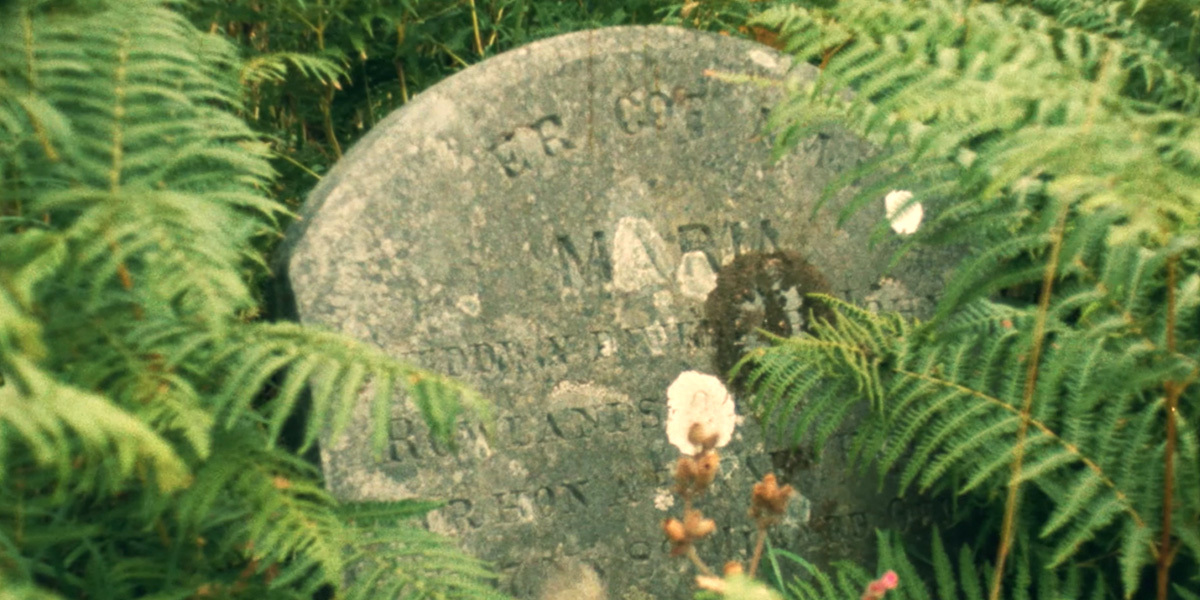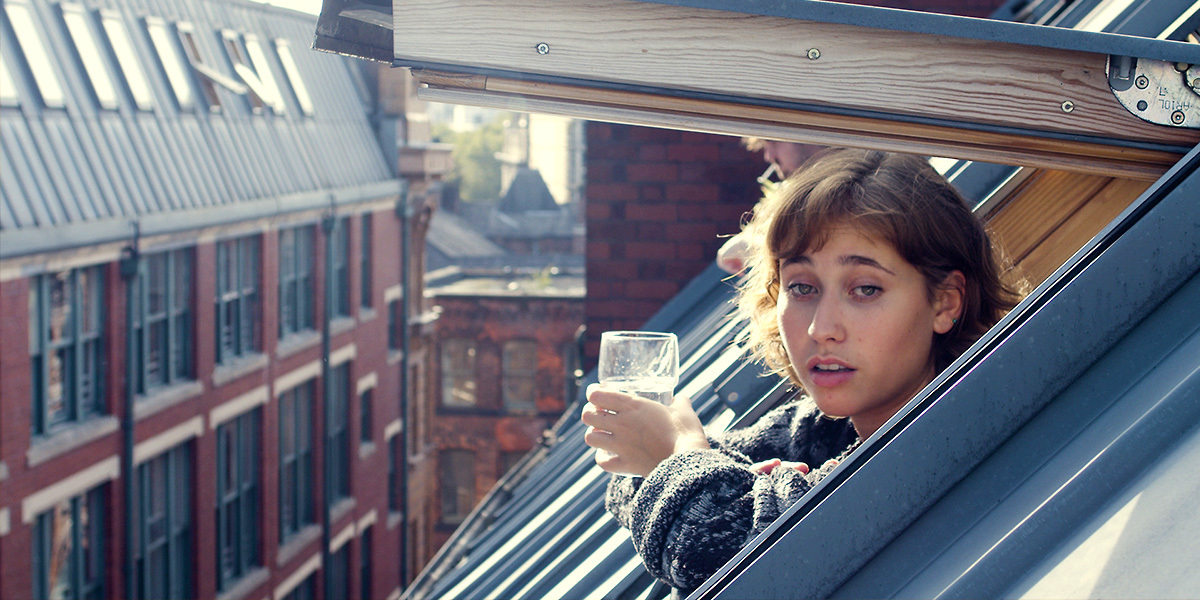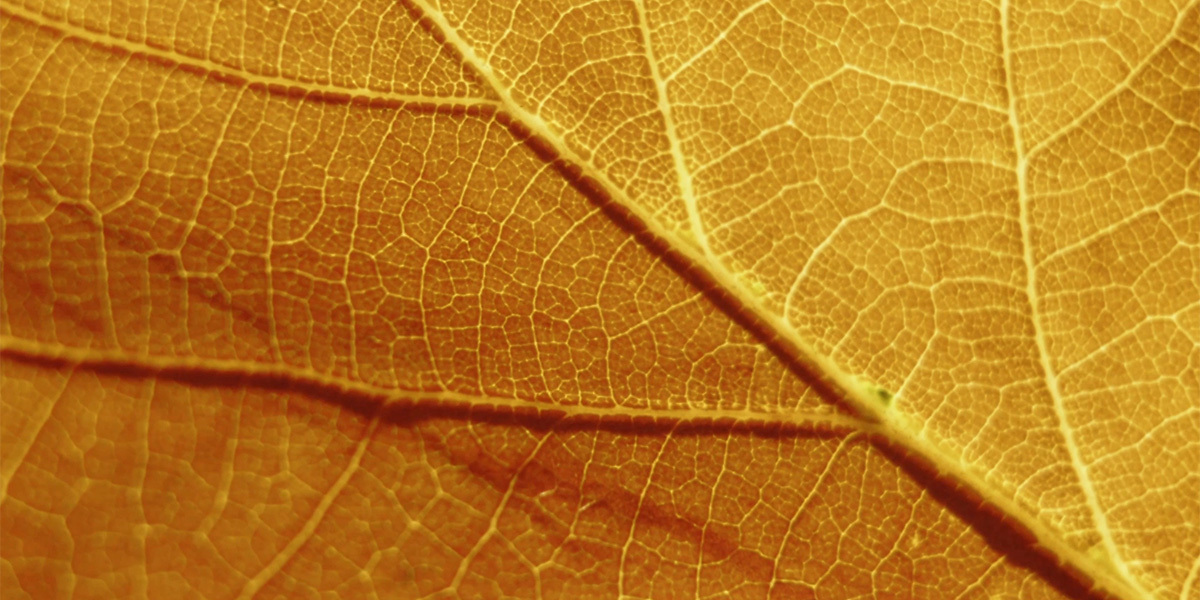DIY Filmmaking Challenge - Environment ShortlistIntroducing the finalists from our filmmaking challenge


Celebrating no-budget micro-shorts exploring the climate crisis and stories of place and belonging.
We were at Sunderland Shorts Film Festival in October 2023 to showcase the shortlist from DIY Filmmaking Challenge: Environment.
The showcase programme was made up of eleven micro-short films - each made by young, Northern filmmakers on a shoestring budget and to a tight production deadline. The films represent the imagination of the region’s emerging filmmakers; interpretations of the theme of “Environment” included a documentary investigation into a family tree, a sitcom about spiralling energy bills, and poetic meditations on the connection between people and places.
You can find out more about our Environment shortlist below. Each shortlisted filmmaker will receive a one-to-one mentoring session with our BFI NETWORK filmmaker development team. Our winning filmmakers, Dylan Scott and Charlie Levers (meet them here) receive £1,000 development funding to support their next film.
Congratulations to all of our shortlisted filmmakers. And a big thank you to everyone who submitted, our hosts at Sunderland Shorts Film Festival, and our judges Chris J Allan (Sunderland Shorts) and Zahra Zomorrodian (Candle & Bell).
We’ve now launched our next DIY Filmmaking Challenge: Sci-Fi. Submit your micro-short by Monday 15 January 2024 for the chance to win career development support, and to showcase your work at Showroom Cinema. Find out more.
It was amazing to be at the DIY Filmmaking Challenge showcase at Sunderland Shorts Film Festival. There’s a really impressive group of emerging, talented filmmakers in the North. Their responses to the theme of Environment were incredibly diverse, running across different forms, genres and perspectives - the creativity on display was just fantastic. - Sam Barnett, Film Hub North

Environment shortlisted films
Our Lake Has Frogs
Two frogs - one aquaphobic, the other happily amphibious - sit by a pond reflecting on their connection with their habitat, the changes in the world around them and their hopes for the future.
In Our Lake Has Frogs, Will Crumpton crafts a gently comedic reflection on place and belonging using little more than a pair of toy frogs, a single location and voiceover.
Blood in a Stone
Following a break-up, a young woman retreats to the forest and wild moorland in order to rediscover a sense of space, serenity and self.
The hand-cranked cinematic oddities of Mark Jenkin stand out as a likely reference point for Blood in a Stone. Edward Barnabas combines a roughly-hewn visual aesthetic of extreme, unusual framings and fluctuating light qualities with an otherworldly soundtrack to create a beguiling, folk-y film.
Glanrhyd
Whilst travelling rural Wales photographing ruined dwellings that have been overtaken by nature, the artist Vivien Boyes discovers that one cottage used to be occupied by a distant ancestor. Vivien picks up the trail; tracing the life of Mariah Laugharne through the places that she called home.
Glanrhyd is a deceptively intoxicating journey of unexpected discovery, and an exemplar of a simple story well told. Jacob Gandy’s camera lingers on evocative landscapes and well-observed details, and effectively couples with the narration from Vivien Boyes.
How to Save the World
Alarmed by a radio broadcast warning of the dangers of climate change, a young woman sets out to save the world one small journey at a time - maybe on foot, perhaps by bike, but definitely not in a car.
Ezzie Nettleingham Bradley multi-roles as writer, director, performer and editor in this short comedy about the small acts - and the big efforts behind them - that can make a difference.

Back Inside
A young man hides indoors, sheltering from the fallout of an ecological disaster caused by shadowy political and corporate powers. His only company comes from plants rescued from outside and his memories of a natural world long since lost.
Sam Croghan, Niamh Wood and Nathan Povall ironically invoke the “blitz spirit” in this satirical eco-dystopia, where the victims of a climate emergency are reminded by the powers that be: “this is your fault.”
Flat-Packed
Three neighbours living in a block of flats in Manchester hang out of their windows debating their role in the climate crisis. Rich just wants to keep his plants alive, Jenna is appalled by his energy consumption and Morgan is philosophically ambivalent.
In Flat-Packed, Sam Bond embraces two quite different types of environmentally-focused storytelling. Here, the familiar format of a domestic sitcom is cleverly used as the setting for a low-key climate-conscious narrative.
A Tail of Two
A lonely fox, missing their child, finds new purpose when tasked with reuniting a distressed ewe with a lamb who has been trapped beneath plastic waste.
Katie McDonnell’s charming stop motion, populated by a cast of felt figurines living in a dolls house world, is a heartwarming story of creating communities and preserving places. Huajie Wang provides a pitch-perfect soundtrack and vocal performance as the Red Fox.
Sitting with Silence
On the rural outskirts of Sheffield, a young man revisits the forests, fields and moors he explored as a child, remembering the absent friend he shared these places with.
Filmmaking duo Dylan Scott and Charlie Levers team up with performer Noah Manzoor in Sitting with Silence: a poetic paen to friendship and the places where bonds can flourish. Sitting with Silence finds unexpected moments of beauty in sun-kissed woodlands, rain-soaked moors and Northern villages at the close of the day.

Foresight
A performance ends, applause breaks out and a young dancer steps behind a red curtain. There, she makes a deal with a malevolent force in the hopes of fulfilling her creative ambition - but soon she begins to question what The Artist will provide her in exchange for her all-consuming efforts.
Taylor Clarke offers a different interpretation of “environment” by reimagining the arts industry as an uncertain, liminal space where creatives can find themselves stranded, powerless and positioned just out of the limelight.
Temperature’s Rising
A poetic, post-colonial examination of the climate crisis, interrogating the uneven effects of global heating across the world and the struggle to foster healthy roots in a time of drought.
Filmmaker Ai Narapol, poet Tadhg Kwasi and director of photography Eva Yap each leave their mark on Temperature’s Rising: a visual poem where Kwasi’s words, describing an eco-philosophical search for connection, are interpreted through a series of intimate close-ups of skin, bark, leaves and fungus.
Earth is Dying
Earth lies in a hospital bed covered in dying lichen and the detritus of a wasteful world. Waiting by her bedside are two friends, frustrated by the inaction of doctors who are either unwilling or unable to help.
Natasha Pugh brings the ecosystem’s plight vividly to life in Earth’s Dying, harnessing practical effects and bold colour grading to create a living, breathing - and dying - figure of mother nature.
DIY Filmmaking Challenge is delivered by Film Hub North as part of BFI Film Academy.
BFI Film Academy offers opportunities for ambitious 16-25 year olds, anywhere in the UK, to get to know more about film and how to forge a career in the screen industries.







